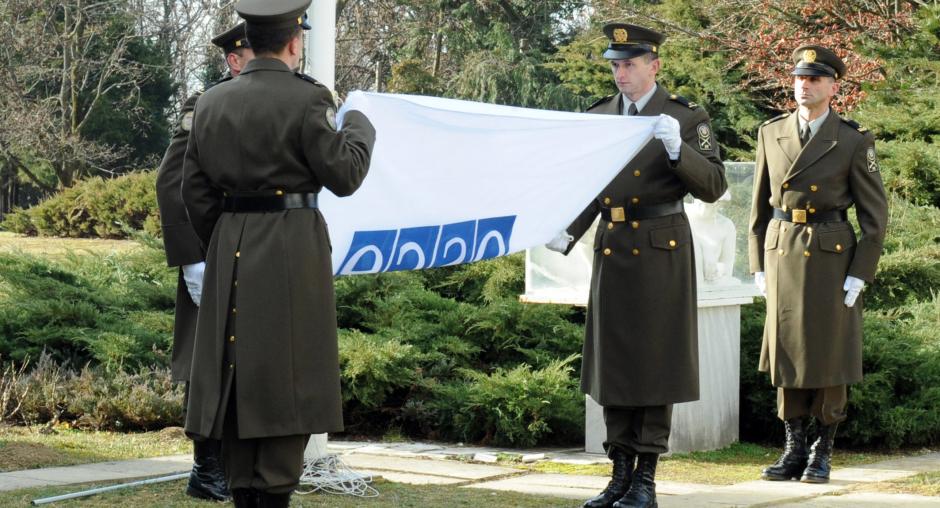OSCE completes Croatia mandate
The OSCE began operations in Croatia after the November 1995 signing of the Erdut Agreement, which ended the war that started in 1991. In April 1996 a decision was made to establish a Mission in the country. It joined the OSCE Spillover Monitor Mission to Skopje and the Mission to Bosnia and Herzegovina, which had also been established in response to the conflicts in the region.
The Mission’s main objective was to work with the government and others to protect human rights, including the rights of persons belonging to national minorities. As part of its efforts to promote reconciliation and the rule of law in a difficult post-conflict environment, the Mission also assisted and advised on the implementation of legislation and monitored the development of democratic institutions and processes.
The mandate of the Mission evolved, taking over the responsibility from the United Nations in October 1998 to monitor policing in the Croatian Danube region. The Mission quickly grew to over 200 international staff by January 1998. At its peak, the OSCE employed nearly 800 people in the country.
The Mission provided support to the government in ensuring the right to return of those who had fled, or were forcibly moved from their homes during the conflict. This was especially the case in providing for Serbs who wished to return.
Photos from the slideshow available to download.
The Mission also provided support to Croatia’s efforts to prosecute war crimes, monitoring domestic proceedings since 1996 and reporting to all the OSCE’s participating States. In later stages, this work focussed on reviewing war crimes cases where ethnicity had been given undue importance. Much of the work of the International Criminal Tribunal for the former Yugoslavia (ICTY) is currently being transferred to domestic counts, under the War Crimes Justice Project of the OSCE Office for Democratic Institutions and Human Rights.
The Mission was wound down in 2007, having fulfilled most of its mandate. It was decided that a smaller OSCE presence should remain in the country, which was named the OSCE Office in Zagreb. This office continued to work on the housing care programme and the monitoring of war crimes prosecution.
The formal closure of the Office on 17 January 2012 is the culmination of hard work and a real success story for the OSCE – and for Croatia, which has signed a treaty to join the European Union next year. The OSCE will continue co-operation with Croatia, particularly in supporting NGOs which monitor war crimes proceedings in the country.

